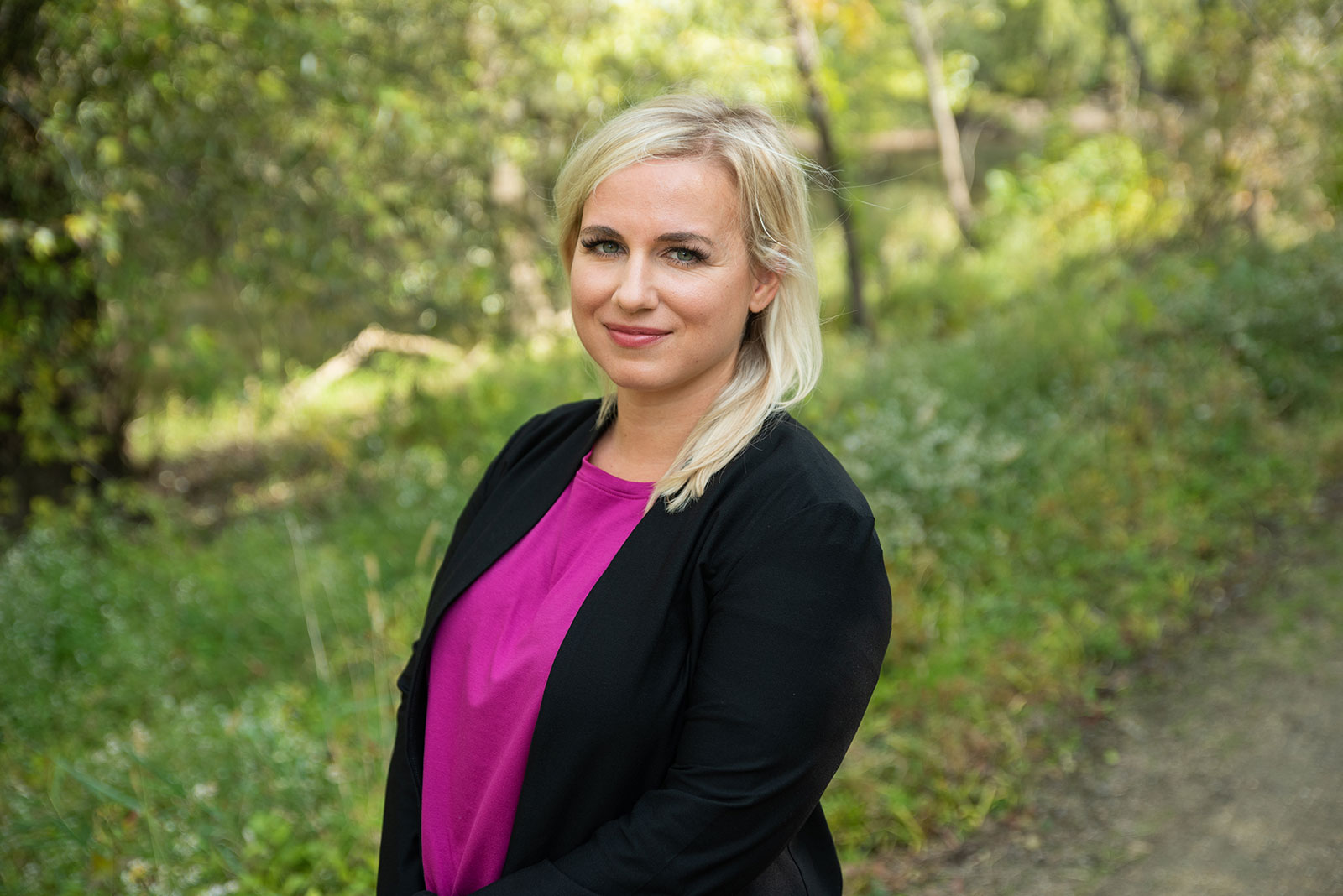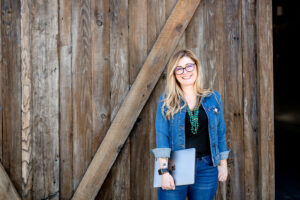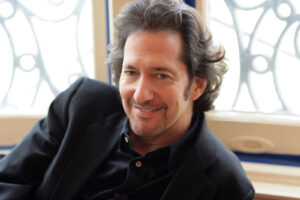Alleviating painful symptoms from cancer treatment can be as important as finding a cure for a disease. This is where integrative medicine truly shines. Though some less-regulated integrative medicine practices can indeed be harmful (as we’ve explored in past issues), there are many documented success stories of more popular methods. According to Dr. Michelle “Shelly” Smekens, a naturopathic practitioner, the important distinction between success and failure is a patient’s expectations of integrative medicine.
“If there are conventional options, I always want them to do that,” says Smekens. Rather than expecting integrative medicine to be a cure-all for their affliction, patients should instead view it as a complementary option alongside conventional treatment. Most importantly, they should engage in integrative medicine in a safe environment under the supervision of a professional.
Integrative medicine, defined by its absence in conventional Western medicine, was once referred to as “alternative” or “new age” medicine and heralded as the unworthy underdog to traditional approaches. Toward the end of the 20th century, integrative medicine grew in popularity in the U.S. through increased involvement in practices such as yoga, acupuncture, Reiki and chiropractic medicine.
Today, integrative medicine is increasingly accepted and utilized alongside conventional medical approaches. A 2015 analysis in the journal Advances in Medical Education and Practice of 130 U.S. medical schools shows that half (50.8 percent) are now offering CAM (complementary and alternative medicine) courses that delve into topics like herbology, spirituality, acupuncture and traditional medicine.
Smekens practices at Cancer Treatment Centers of America and northern Illinois-based Raden Wellness, the latter of which is a medical center that takes the holistic, or “whole person,” approach when it comes to treating patients. In her role as a naturopathic physician at Raden, Smekens works alongside mental health specialists, a nutritionist, an osteopathic physician and integrative physicians.
Smekens had the privilege of becoming familiar with a holistic approach to health care through her aunt, a chiropractor who owned a practice that also employed medical practitioners, nutritionists and people trained in acupuncture. “She was very forward-thinking in saying, ‘Look, these practitioners are under one roof and collaborating on patient care,’” says Smekens.
Positive feedback from patients at her aunt’s practice revealed a gap that existed within health care. Collaborative, multidisciplinary efforts in one practice were seemingly helping fill the void. “The positive feedback from community members said that this was something that was needed and was really helping them in their healing or their health,” Smekens says.
Smekens went on to receive a doctorate in naturopathic medicine at Southwest College of Naturopathic Medicine in Arizona, taking comprehensive courses in both conventional and integrative medicine, from biochemistry to botanical medicine. During rotations, Smekens encountered oncology patients and became interested in their care. As a certified naturopathic physician who is board certified in naturopathic oncology, she now supports people through all stages of cancer: prevention, active treatment and survivorship.
You never know what motivates people and I think we all need to be a little kinder and more sensitive.
While conventional medicine is becoming more open to the inclusion of integrative medicine, Smekens notes that there still exists hesitancy or objection by some traditional doctors. “I think perhaps a big misunderstanding from some of the oncology side is that people think a patient will come to see me and I’ll just give the green light on X, Y and Z,” Smekens says. “That’s not really the case.”
A lot of what Smekens focuses on in her position at Raden is aiding patients in lessening or eliminating side effects from illnesses or treatment. She also seeks ways patients can naturally improve their health, especially if appropriate conventional methods have proven to be futile.
Take immunotherapy as an example. In cancer treatment, the biological therapy is used to strengthen a warrior’s immune system to better fight cancer cells. However, recent research published in the journal Nature Communications has highlighted that immunotherapy, while a promising advancement in cancer treatment, does not work for everyone—especially patients who are young and female. “People do have expectations hearing about [immunotherapy] in the media and put all their eggs in one basket,” says Smekens. “While results have been promising for some cancer types, there are examples of it being lackluster.”
Raden prides itself on offering patients a personalized approach to their care. Smekens accomplishes this through analyzing what conventional methods have and have not worked for individuals and finding ways to compensate where traditional medicine may be lacking for a particular individual.
“Conventional answers can be limited and don’t work for all people,” says Smekens. “I would say there are some side effects where natural medicine has options that potentially could be safer or has more options.” In the case of ineffective immunotherapy, Smekens augments treatment by returning to basic nutrition and nutraceuticals—products derived from food sources with extra health benefits in addition to the existing nutritional value—that increase immune health and support for patients.
According to a 2014 study in the journal Oncology Research and Treatment, 77 percent of 170 cancer patients were using integrative medicine in addition to their conventional treatment. “And even if their oncologist has a negative viewpoint or is dismissive [of integrative medicine], people tend to go and do it anyway,” recounts Smekens, who says she spends much of her time educating patients.
By going through an established center like Raden, those seeking additional methods for their illnesses or pain can be rest assured that they’re receiving quality care and not going against their oncologist’s orders. Just be sure to keep an open channel of communication with your oncologist should you become interested in utilizing integrative medicine.
“A lot of what I’m doing is making sure whatever [patients are] doing within my realm is safe and compatible with the conventional treatments,” says Smekens. “You never know what motivates people and I think we all need to be a little kinder and more sensitive.”
To learn more about Dr. Shelly Smekens, visit drsmekens.com. More information on Raden Wellness is available at radenwellness.com.







